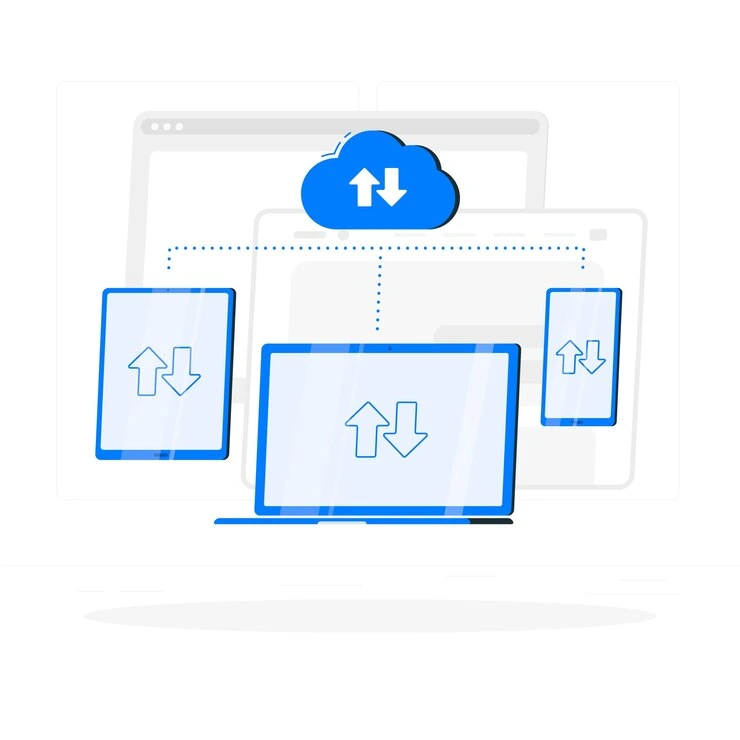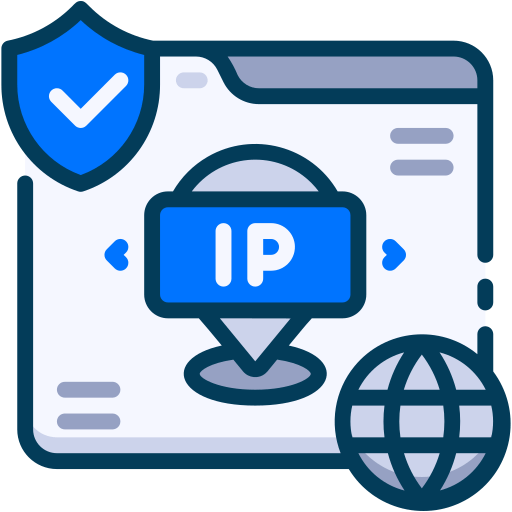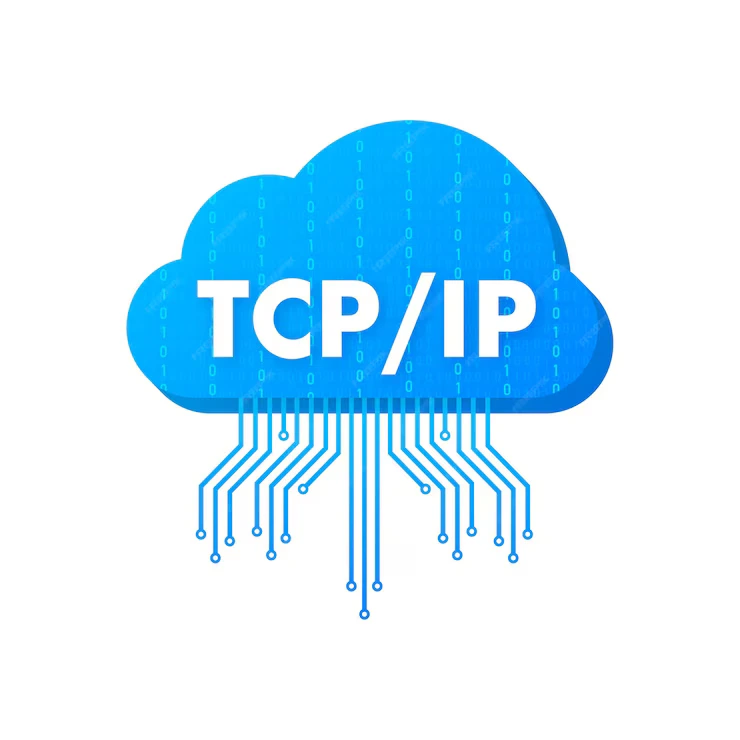IPV4
The Role of IPv4 in Modern Networking
Understanding IPv4 Subnetting and Its Importance
The Impact of IPv4 Addressing on Network Security
- 32-bit Addressing
- Private Addresses
- Network Translation

Unlock the Potential of IPv4
Boost your network with IPv4’s broad compatibility, seamless implementation, strong security, and efficient data routing.

Global Adoption
IPv4 is universally accepted, ensuring seamless integration across networks worldwide.

Optimized Routing
IPv4 leverages established protocols for efficient and scalable data transmission.

Proven Infrastructure
The extensive IPv4 infrastructure guarantees reliable performance across networks.

NAT Support
NAT helps mitigate IPv4 address depletion by enabling the reuse of private IP addresses.

Hardware Support
Most devices are fully compatible with IPv4, ensuring smooth functionality.

Simple Integration
With its straightforward structure, IPv4 makes network setup and management effortless.

Broadcast Functionality
IPv4 supports broadcasting, allowing communication with all devices on the network.

Robust Security
Years of use have led to strong security frameworks, ensuring safe network communication.
Boost Your Network with Global's Cloud IPv4 Solutions


Universal Compatibility
IPv4 ensures global connectivity across all devices and networks.

Simplicity and Flexibility
Easy to implement, giving you full control over your network.

Strong Security
IPv4 offers reliable security measures for safe communication.

Optimized Data Flow
Efficient routing ensures smooth and fast data transfer.

Universal Compatibility
IPv4 ensures global connectivity across all devices and networks.

Simplicity and Flexibility
Easy to implement, giving you full control over your network.

Strong Security
IPv4 offers reliable security measures for safe communication.

Optimized Data Flow
Efficient routing ensures smooth and fast data transfer.
Unlock Seamless Connectivity

Public IP
A public IP address gives you a distinct identity on the internet, enabling communication between your devices and the global network.

Private IP
A private IP address is used within your local network, allowing devices to communicate securely and privately.
Have Any Questions?
IPv4 is a system used to assign unique addresses to devices on a network, using 32-bit addresses.
It enables devices to communicate over the internet by providing each device with a unique address.
IPv4 uses 32-bit addresses, while IPv6 uses 128-bit addresses, offering more address space.
Yes, due to the limited number of available addresses, IPv4 is being gradually replaced by IPv6.
You can check your device’s network settings or use the ipconfig (Windows) or ifconfig (Mac/Linux) command.

IPV4 Blogs
- Cloud

Lorem Ipsum is simply dummy text of the printing and...

Lorem Ipsum is simply dummy text of the printing and...














